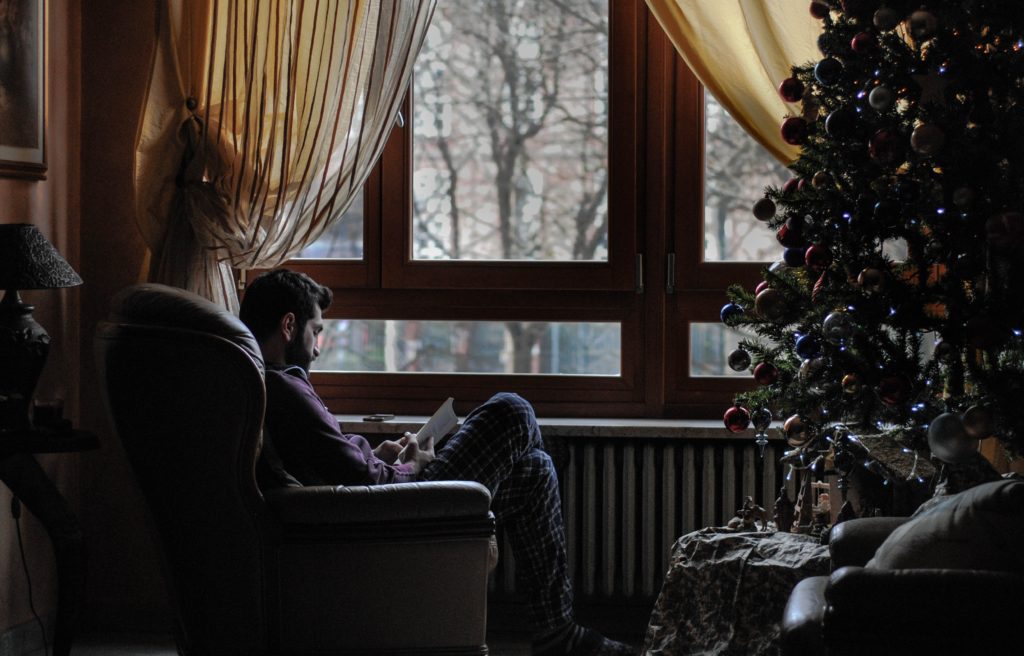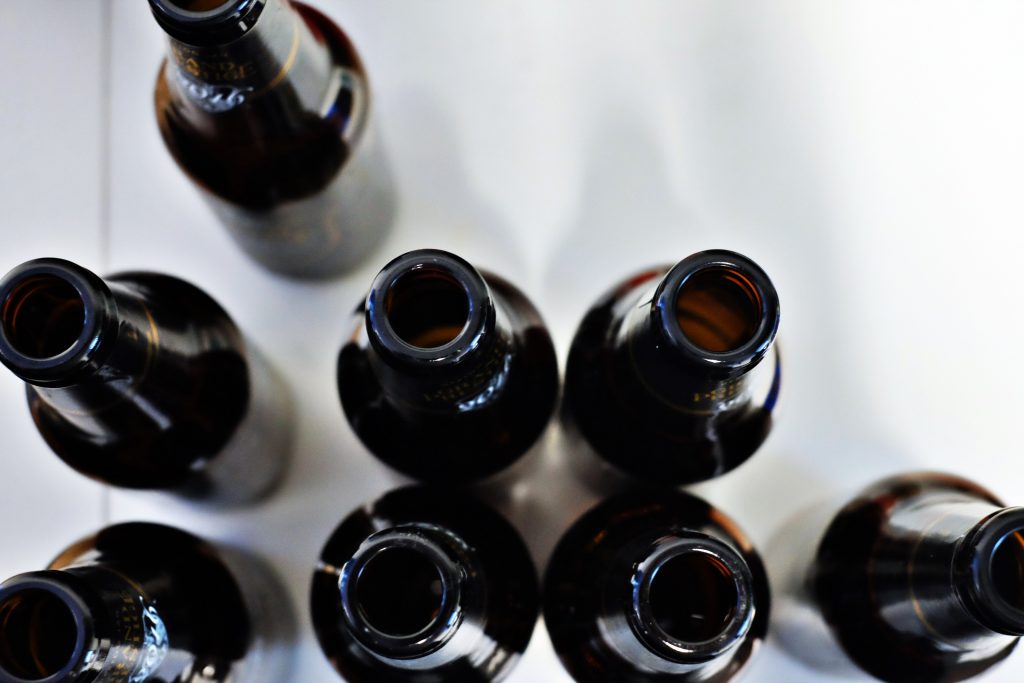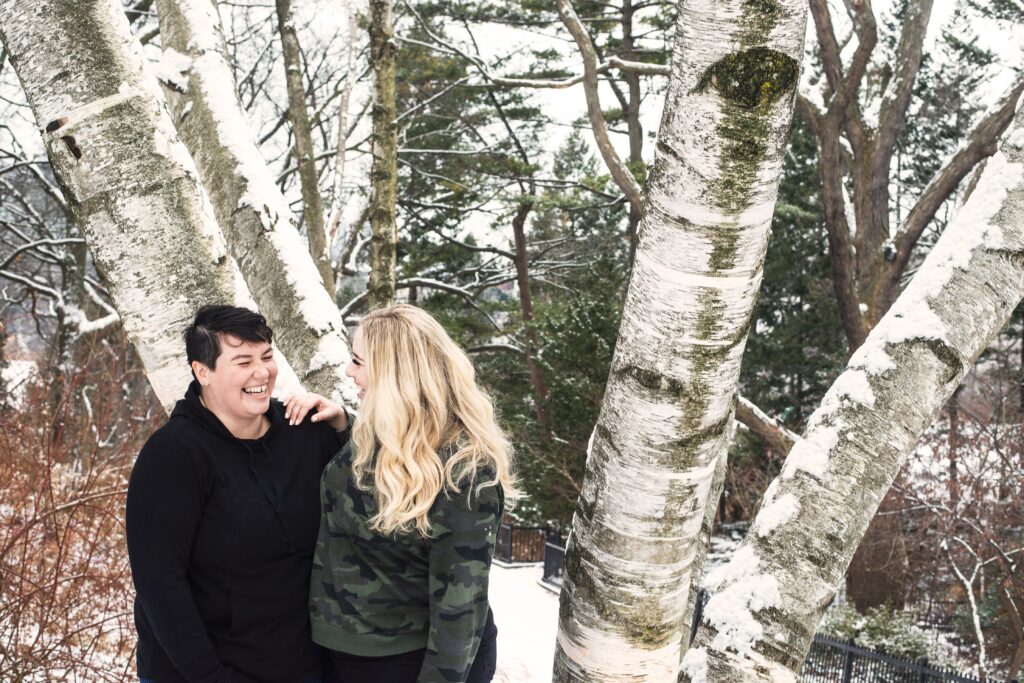Posted December 11th 2020
I can’t count the number of times advertisers have exhausted the phrase ‘in these uncertain times’, but they couldn’t have put it better.
This Christmas will be the most uncertain yet – will we be in lockdown, will we be able to see our families, friends and loved ones?
Or maybe you are looking forward to a peaceful Christmas without the in-laws!
Whatever happens, it is going to be different – so how can we adapt?
Reducing loneliness at Christmas
Even if you do not celebrate Christmas, it is a family-oriented time of year.
This year, even if one cannot physically see their family and friends, it may mean they appreciate them now more than ever.
But for those who are experiencing loneliness or isolation, Christmas is always a time of difficulty.

According to a survey provided by the Mental Health Foundation, 1 in 4 UK adults said they had feelings of loneliness in the “previous two weeks” during lockdown in stark comparison to when the same question was asked before lockdown in which 1 in 10 people said they experienced these feelings.
This highlights the effect of the pandemic on loneliness, combined with the effect that Christmas can have on people’s feelings of loneliness only increases the prevalence.
Although this statistic is rather negative, there are preventative measures we can take to make ourselves and others feel better over the festive period and as we continue to get closer to Christmas time.
Support for mental health at Christmas time
There are many factors that can exacerbate mental illness and some of these factors are more common around Christmas time.
Eating Behaviour
The obsession with advertising food at Christmas time can be triggering. People with past or present eating disorders may really struggle to look after themselves at this time of year.
Beat is a UK charity for eating disorders and provides a helpline along with tonnes of information on eating disorders on their website.
They also have a whole section focussing on the struggles faced during COVID-19 including advice on routines, body image concerns, and stories about coronavirus from others who are suffering.
Alcohol
The media bombards us not only by advertising food but advertising alcohol.
This can be triggering for people struggling, past or present, with alcoholism.
Alcohol Change UK are a charity that aims to create ‘a society that is free from the harm caused by alcohol’ and carries out research into alcohol harm, policy change, helping people control their drinking behaviours and work with organisations to improve treatment and its accessibility for those who need it.
Their website also has a section on how to cope during the pandemic.

There is also support for those whose lives have been affected by loved ones’ alcohol abuse.
Nacoa (the National Association for Children of Alcoholics) is a charity that aims to help with the needs of children who were affected by parents who suffer from alcoholism or similar addictions.
But Nacoa doesn’t just help children – some of the issues faced by children of alcoholic parents only show up when they are adults and Nacoa is there for them when they do.
Trauma
Some people may struggle around Christmas time due to the memories it can trigger.
If people have experienced trauma in the past, this time of year could set off reminders of how lives were before the trauma.

People who have difficult family relationships may feel particularly isolated during the Christmas time since it is such a family-oriented holiday, with lots of reminders of this plastered across advertisements.
ASSIST is a non-profit organisation providing therapy for adults and children who have experienced trauma, with therapists located across England and Wales. Information on further organisations and helplines are available on the Mind website.
Mental ill-health
Depression and other mental health problems don’t have a day off at Christmas like the rest of us.
Even if you are around your loved ones and nothing feels wrong, it’s ok not to feel ok.
We put so much pressure on this one day of the year that it can be overwhelming. But looking after yourself comes before people-pleasing.

There are numerous charities available to help those with depression and other related issues.
CALM (Campaign Against Living Miserably) is a charity designed for men ages 15-35 and has a helpline offering support to those who need it.
PaNDAS (Postnatal Depression Awareness and Support) is a charity designed to support those who are suffering from perinatal mental health and provide a free helpline.
This time of year it may be particularly challenging for those who are struggling with mental illness while also caring for a young family, but you are not alone.
Depression UK is a national organisation that focuses on self-help to support people with depression providing a community of mutual support amongst those affected by or at risk of depression.
“Dealing with my anxiety has become harder this year.
“On top of the increased worry and uncertainty, the normal coping strategies like seeing friends has been made much more difficult due to COVIDs social distancing practises.
Being in a therapy environment is also made trickier due to the lack of face-to-face engagement.
Christmas shopping and preparing the home for Christmas can be exhausting financially and mentally.
A change of routine can be another factor that may feel disruptive of a routine that works in order to maintain mental stability and this could increase the risk of mental illness, increase its severity or likelihood of an episode.
Rethink Mental Illness is a charity aiming to improve the lives of those severely affected by mental illness by providing local groups and services, information, and campaigning. Improving the quality of life of those with mental illness is their main objective.
In Wales, Hafal is a charity which supports people with mental health problems – with a special emphasis on those with a serious mental illness – and their carers and families. They also support others with a range of disabilities and their carers and families.
LGBTQ+
Christmas can be a time when you are reminded of the loss of important people in your life. This can be particularly hard for LGBTQ+ people who have lost contact with family and friends after coming out.

It may feel extremely isolating, but know you are not alone, and this is the exact mission of the Stonewall organisation.
They aim to empower LGBTQ+ people to be their authentic selves within their communities.
They also work with organisations to ensure that inclusive and equally inspiring opportunities and environments are created for LGBTQ+ people.
Their website provides advice and information on everything from coming out to signposting further organisations to be aware of.
There are also opportunities to get involved in local community groups and get help from services local to you.
Bereavement
“After losing my mum to cancer in May, Christmas seems like a period which will be lonesome. Christmas is usually the time where all my family come together and celebrate, but for me, there will be one crucial person missing.
I’m lucky to have a strong support network behind me but nonetheless this upcoming period will be tough.
“I know that on Christmas day I’ll feel a sense of sadness, knowing that normally my mum would be sat on the sofa opposite opening her presents, luckily I still have my Dad and brother to get me through the day.”
The festive period can be a reminder of past Christmases before the loss of a loved one.
Whether it is your first Christmas without that person or your 30th, it will be tough.
This year, it may feel slightly more intimidating due to COVID-19 restricting us from seeing everyone we love, even if we are allowed to see a few people.
This can feel isolating and overwhelming. Luckily, there are people that can help.
Cruse Bereavement Care is the leading national charity for bereavement care and aims to make people feel less isolated and want to encourage and give people the space to deal with their grief in their own way as everyone deals with loss differently.
Cruse provides a free helpline manned by volunteers across the country ready to help.
There is a helpful page on the Cruse website presenting ideas on how to deal with grief at Christmas.
How to help yourself
Be prepared for these things to crop up – look after yourself as best you can with things that you know will work for you.
Avoid any quick-fix behaviours that could make things more challenging in the long term.
Mind recommends:
- planning ahead
- having your grounding techniques with you if you experience flashbacks
- making sure you are stocked up on prescriptions so you don’t run out on days with limited services
- making a list of things that you can do with your time if you are feeling lonely
It is tough to plan anything at the moment but the one thing you can plan is ways in which you can deal with any predicted issues.
How to be there for loved ones who are struggling
Even if you cannot physically be with the people you want this Christmas, there is nothing preventing you from increasing contact over the likes of video calls and messages.
Now more than ever, it is so important to check up on people even if they seem fine, as promoted by the Time to Change campaign using #AskTwice on social media.
This campaign aims to change the way society thinks and acts about mental health.
Christmas time is a bitter-sweet period for many. But with the right support, it doesn’t have to be so troubling.
Resources
The charities mentioned above are just some of many out there waiting to help those who need it.
Simply typing into google the issues your facing and you will find numerous charities available. Most are open all year round even over Christmas.
- Samaritans are a charity providing a 24/7 helpline for anyone who needs to talk to someone. The helpline volunteers are well-trained to deal with any problems you may be facing. Their mission is to work together to ensure fewer people die by suicide.
- Mind is a mental health charity that provides tonnes of accurate information about mental health, how to look after yourself, and where to get help. Their aim is to improve mental health.
Instagram links:
Read more
NCMH seasonal blogs:
Sign up now and receive new blog posts to your inbox.
